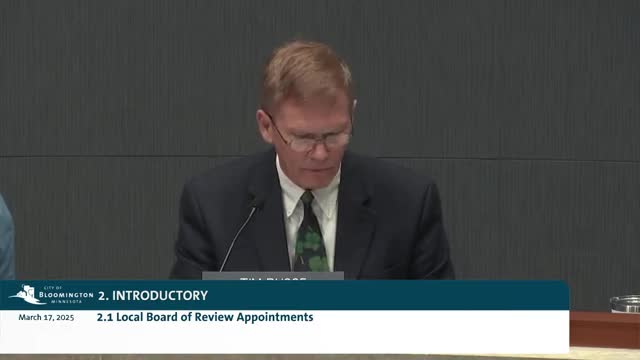Article not found
This article is no longer available. But don't worry—we've gathered other articles that discuss the same topic.
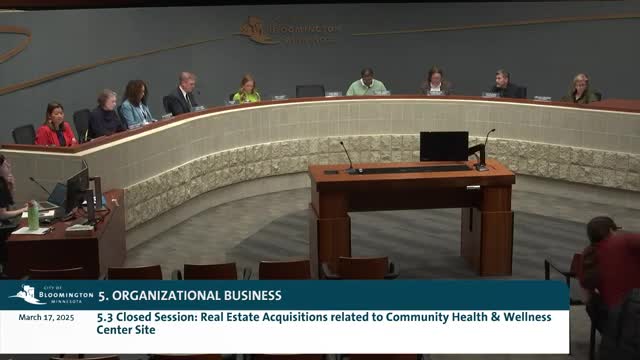
Council holds closed session on Community Health and Wellness Center site; directs staff after return to open session
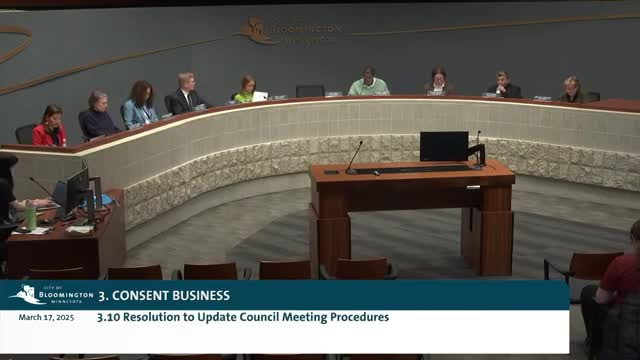
Council restores public‑hearing speaker time to five minutes after debate

Council debates franchise fee increase to fund pavement, sidewalks, retaining walls and a loan program for home energy upgrades
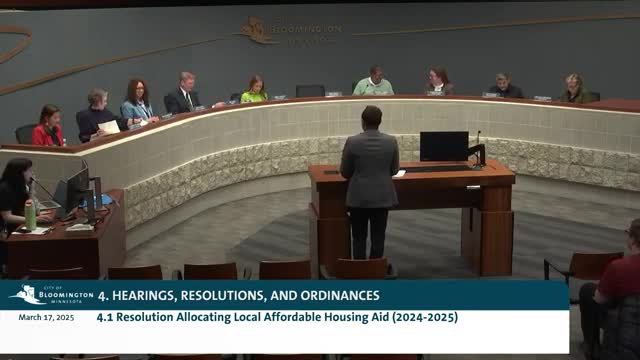
Council approves framework to split Local Affordable Housing Aid between homeownership and preservation
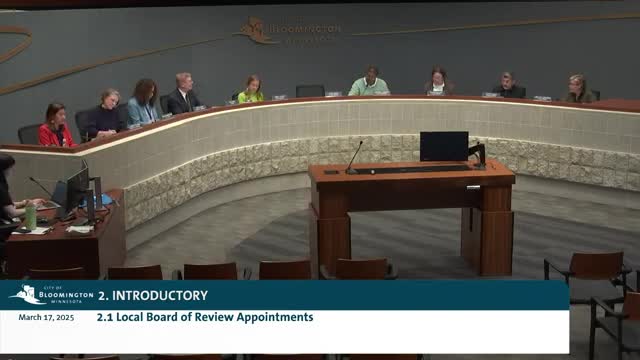
Council adopts Sustainability Commission work plan; commission to lead most initiatives
